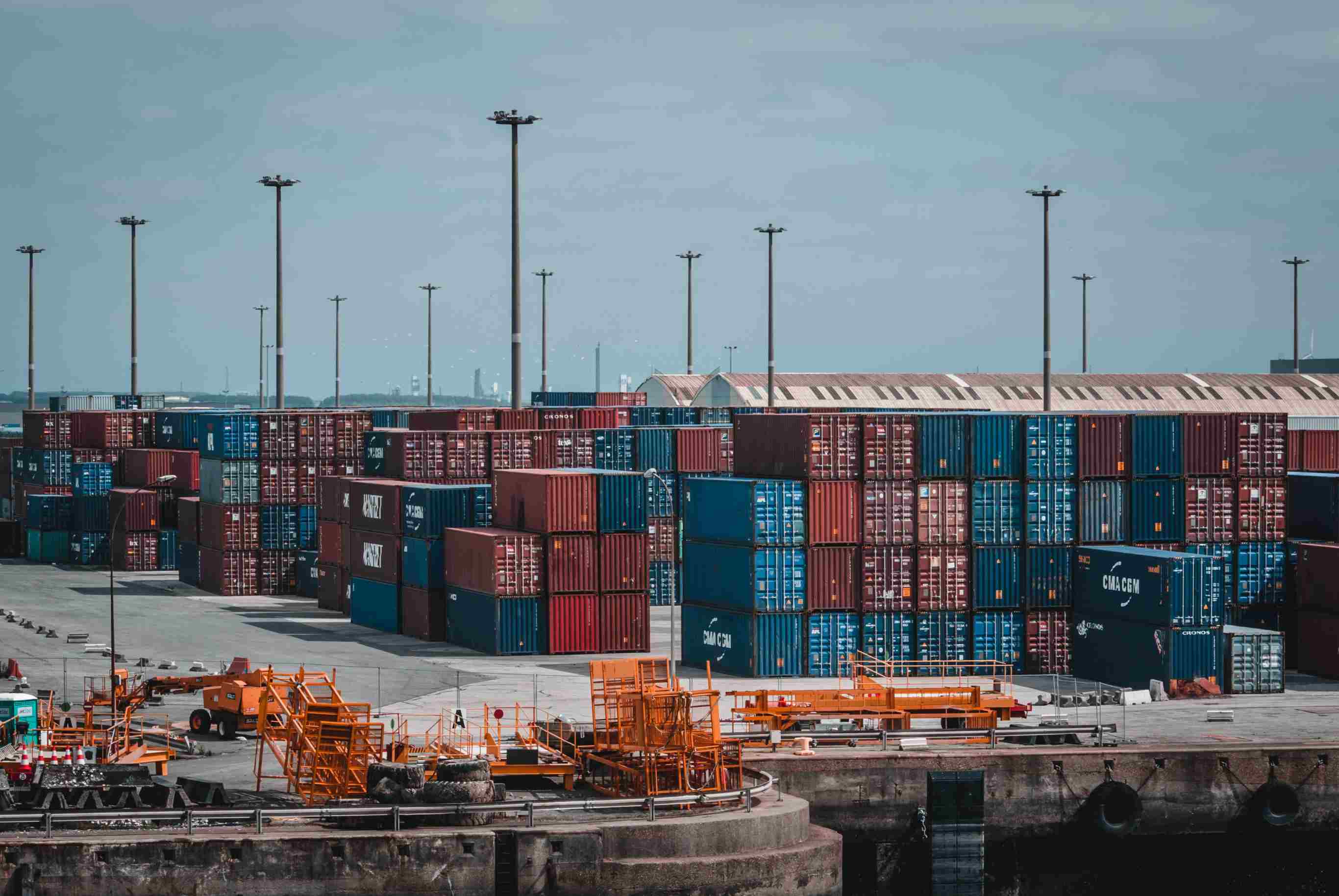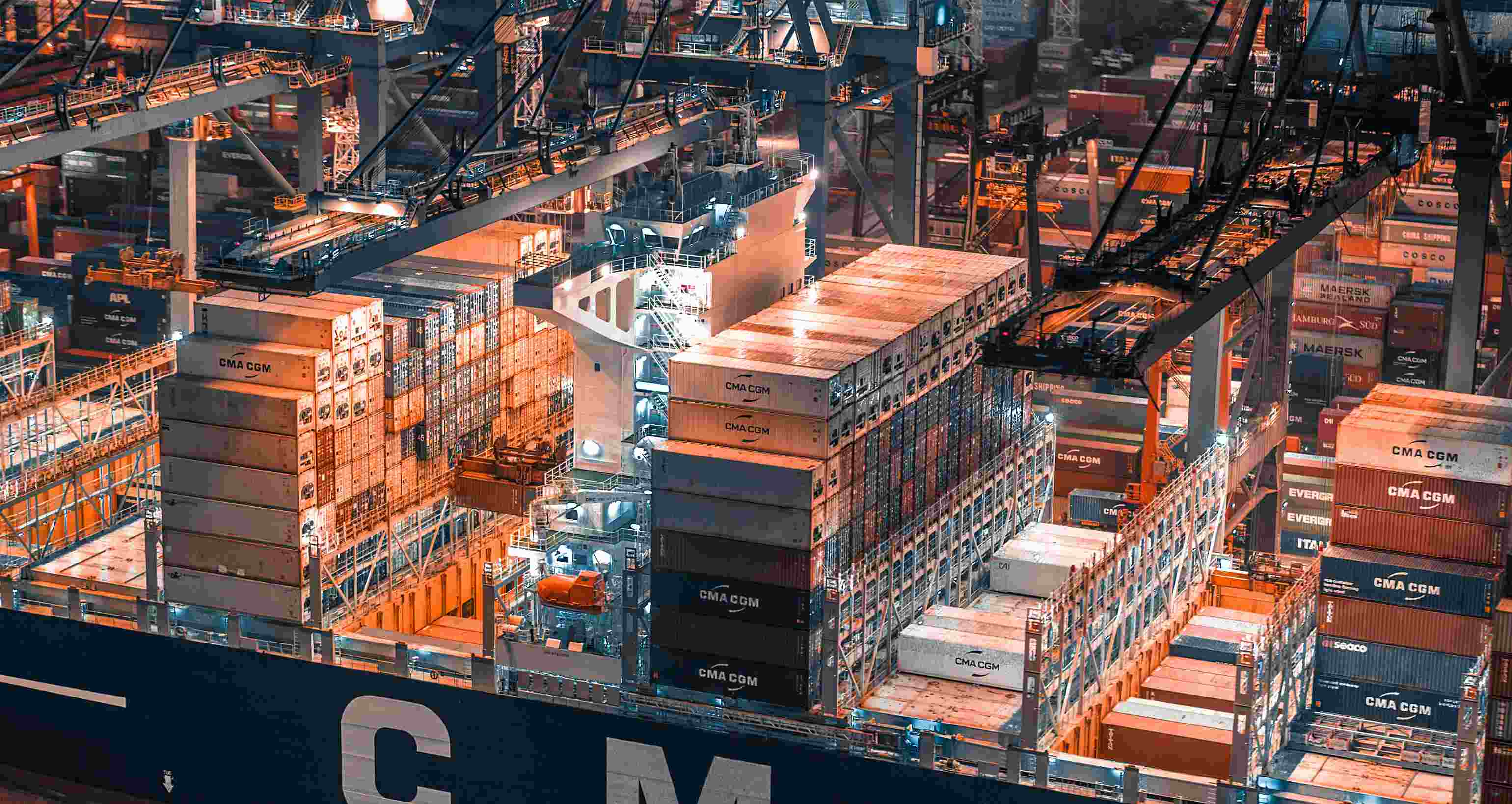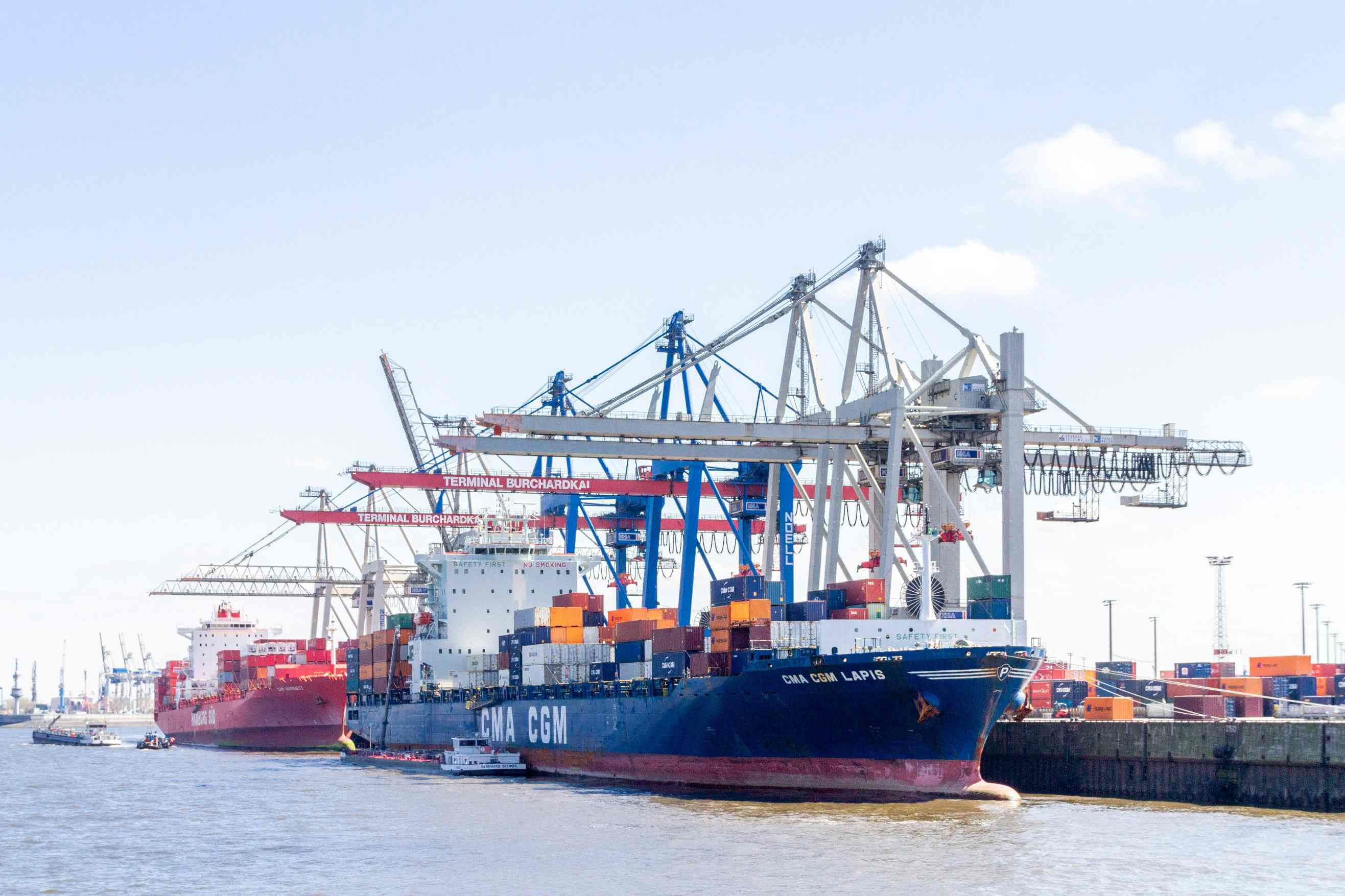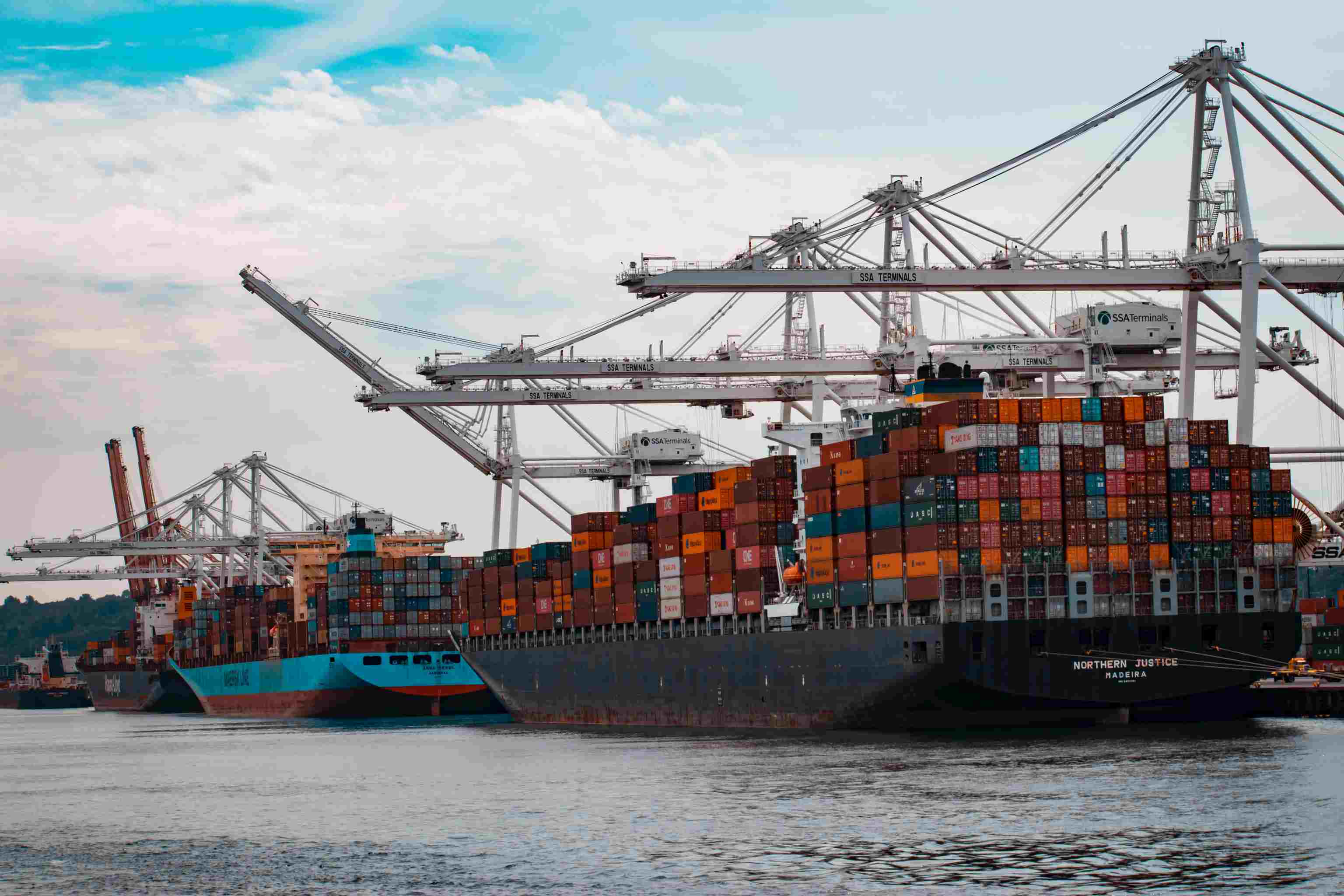Introduction of shipping types
Characteristics of shipping
Ocean transportation is the most important mode of transportation in international trade. More than two-thirds of the total international trade volume, most of my country's import and export goods are transported by ocean transportation. The advantages of ocean transportation are the large volume, low shipping cost, and easy access to sea lanes. However, the speed is slow, the navigation risk is high, and the navigation date is not easy to be accurate, which are its shortcomings.
According to the mode of operation of ships, ocean transportation can be divided into liner transportation and chartered transportation.
Liner shipping
a. Characteristics of liner transportation: (l) Liner transportation has a fixed schedule, route, port of call and relatively fixed freight rate; (2) Liner freight includes loading and unloading fees, so port loading and unloading of liner is the responsibility of the ship; ( 3) The quantity of cargo carried by the liner is more flexible, and the cargo owner can book the space on demand, which is especially suitable for the transportation of general groceries and container cargo.
b. Liner freight.
The liner freight is stipulated by the liner freight table, including basic freight and various surcharges. The basic freight is divided into two categories: one is the traditional freight charges for pieces and miscellaneous items; the other is the freight rate for containers. There are also freight charges for groceries based on the commodity price or the number of pieces. For bulk low-value cargo, the freight rate can be negotiated between the ship and the cargo.
There are many surcharges in liner freight, including; overlength surcharge, overweight surcharge, choice of unloading port surcharge, change of unloading port surcharge, fuel surcharge, port congestion surcharge, detour surcharge, transshipment surcharge Fees and direct flight surcharges.
In addition to the shipping costs mentioned above, the container transportation costs must also include related service fees and equipment usage fees.
In addition, the liner company mixes different goods in the same package, and charges the freight based on the higher charge. If the package of the same ticket is different, the billing level and standard are also different. If the shipper does not specify the gross weight and volume for different packages, the freight for the whole ticket will be charged according to the higher charge. There are more than two types in the same bill of lading. For different cargo names, if the shipper does not specify the gross weight and volume separately, the higher the bill will be charged.
Charter transportation
Chartering refers to chartering the entire ship. Chartering fees are lower than liner ships, and direct routes can be selected, so bulk cargoes are generally chartered for transportation. There are mainly two ways of chartering, namely, fixed-trip chartering and fixed-term chartering.
1. Scheduled chartering. Schedule chartering is a chartering method based on voyages, also known as voyage chartering. The ship owner must complete the cargo transportation task according to the voyage specified in the charter contract, and be responsible for the ship's operation and management and various expenses during the voyage. The freight of voyage charter ships is generally calculated according to the quantity of goods shipped, and some are calculated according to the charter amount of the voyage.
The rights and obligations of both parties to the charter party shall be stipulated in the charter party. In the way of voyage chartering, the contract should specify whether the ship is responsible for the loading and unloading costs of the goods at the port. If the ship is not responsible for loading and unloading, the time limit or rate for loading and unloading shall be specified in the contract, as well as the corresponding demurrage and dispatch charges. If the tenant fails to complete the loading and unloading operations within the deadline. In order to compensate the shipowner for the losses caused by the delay in sailing, a certain penalty shall be paid to the shipowner, namely demurrage. If the charterer completes the loading and unloading operations in advance, the ship will pay the charterer a certain bonus, called dispatch fee. Usually the dispatch fee is half of the demurrage fee.
2. Regular charter. Time charter is a method of chartering a ship for a certain period of time. It is also called a time charter. The ship party shall provide a seaworthy ship during the lease period stipulated in the contract and bear the relevant expenses for maintaining seaworthiness. The charterer can still dispatch and control the ship in the prescribed shipping area during this period, but shall be responsible for various expenses in the operation process such as fuel fee, port fee and loading and unloading fee.





